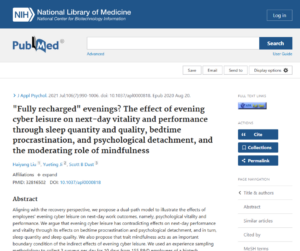
Evening screen time delays sleep and drains next-day energy through bedtime procrastination
“The brain did not evolve to ‘switch off’, so we need transition routines to help us consciously ‘switch on’ to other priorities.”
~ Rob Archer
Below you will find peer-reviewed research studies and articles supporting the ‘Warm down’ phase of our High Performance Routine.

Evening screen time delays sleep and drains next-day energy through bedtime procrastination
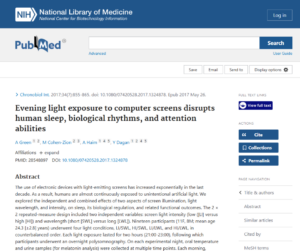
Evening exposure to short‑wavelength (blue) screen light disrupts sleep and increases next‑day sleepiness
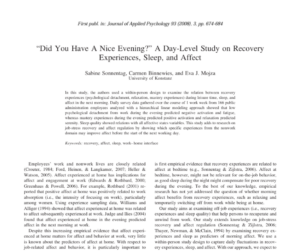
Low psychological detachment in the evening predicts fatigue and negative emotions the next morning.
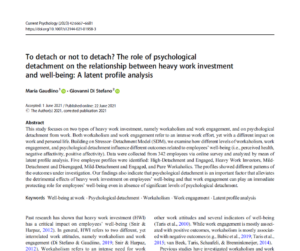
Studies demonstrate that people who have higher levels of detachment from work report better general health and wellbeing.
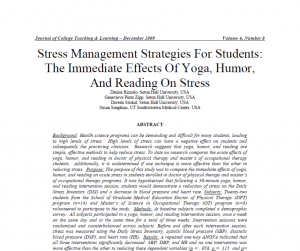
30 minutes of reading is as stress relieving as yoga or watching your favourite comedy film.
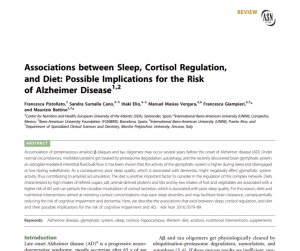
The risk of dementia and sporadic/late-onset Alzheimer Disease is strongly associated with lifestyle factors. In particular, diet, sleep quality, and circadian cortisol regulation.
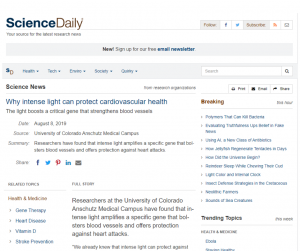
Studies show that intense light can protect against heart attacks and increase metabolism.
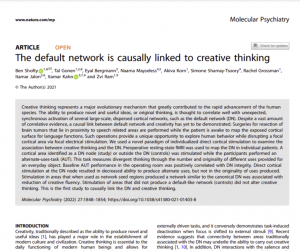
This paper shows that the brain’s Default Network is causally linked to creative thinking….
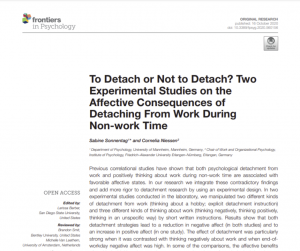
Studies demonstrate that detachment from work as well as positive thinking improves subsequent affect, highlighting the causality underlying the association between psychological detachment from work – as a core recovery experience
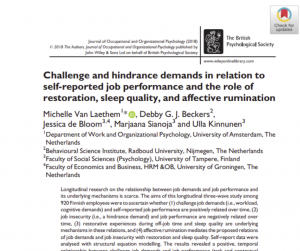
There is a strong positive relationship between the restorative properties of off-job activities and an employee’s work performance.
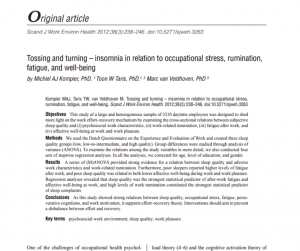
This study showed strong relations between sleep quality, occupational stress, fatigue, perseverative cognitions, and work motivation, which support effort-recovery theory.
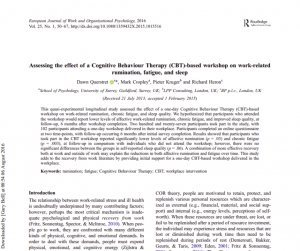
Results of this study showed that participants who took part in a 1 day CBT workshop reported significantly lower levels of affective rumination and chronic fatigue at follow-up in comparison with individuals who did not attend the workshop.
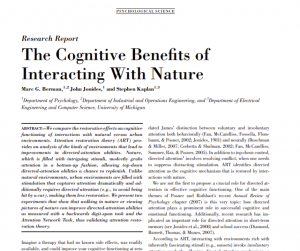
Spending as little as 30 minutes in nature can improve your short term memory by as much as 20%, reduce mental fatigue and improve focus.
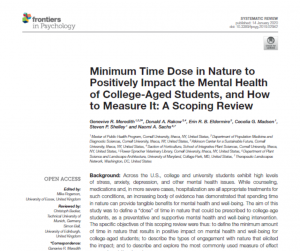
Spending as little as 10 minutes in a green or nature-filled setting reduced the effects of physical and mental stress.
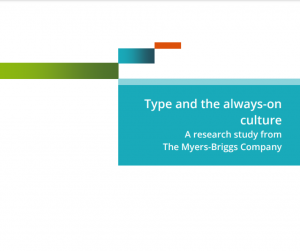
Being part of the always-on culture leads to higher stress levels, greater conflict, more distractions, and increased difficulty focusing.
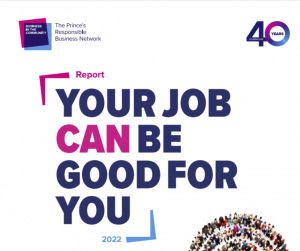
55% of workers feel they can’t switch off from work (e.g. they feel pressure to check work emails or calls outside working hours).
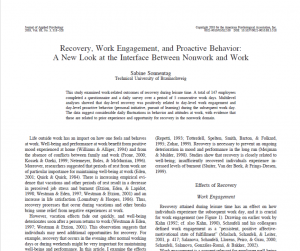
Individuals who feel that they sufficiently recover during leisure time experience a higher level of work engagement during the subsequent work day.
This high level of work engagement in turn helps them in taking initiative and pursuing learning goals.
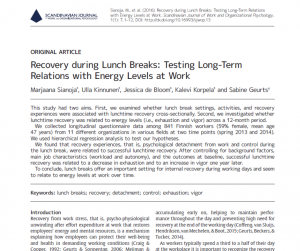
Recovering from work stress can restore energy and mental resources and decrease the development of fatigue, sleep disorders and cardiovascular disease.
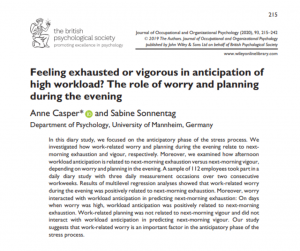
Worrying about their next workday during the evening, is associated with employees’ well-being even before employees are facing it.

Many of us go through periods when we have to work intense and long hours and get very little time for rest. While this kind of overwork is not ideal, there are undoubtedly situations in which it becomes a necessity or makes sense. Here are some practical tips for surviving and thriving.
This article talks about how to get through an extremely busy time at work.
By using highperformanceroutines.com, you agree to our Cookie Policy.